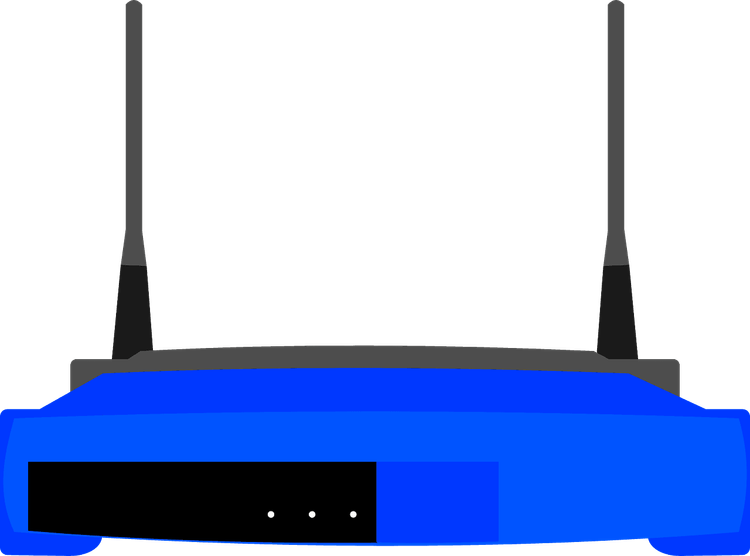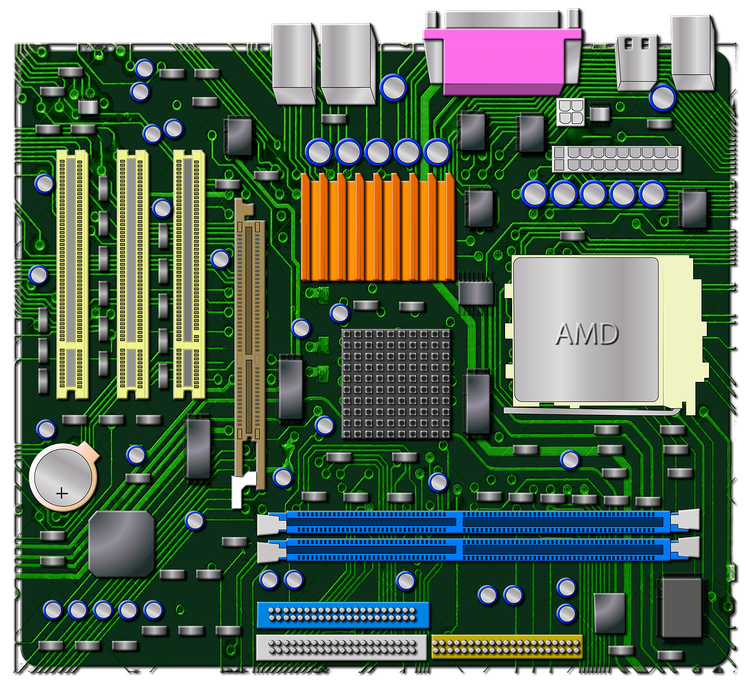Since its establishment 16 years ago, Meitu, under the leadership of founder, chairman, and CEO Wu Xinhong, has maintained a startup mindset. Wu believes Meitu is entering a second wave of opportunities sparked by the mobile internet revolution, with artificial intelligence (AI) as the driving force. During the Meitu Imaging Festival on June 12, he highlighted a two-year window for AI-generated content (AIGC) to thrive, stating, “AI encourages innovation acceptance and fosters a strong self-propagation effect on social media. We foresee a significant period ahead for venture capital investments in AI applications—this phase is far from over.”
The launch of OpenAI's Sora in February surprised many industry officials, including Wu. He remarked that Sora's capabilities, previously expected to arrive in 2-3 years, emerged earlier than anticipated, considerably impacting Meitu's outlook.
Currently, Meitu's MiracleVision V5 model employs a technology architecture akin to Sora's Transformer diffusion model. At this year’s festival, Meitu introduced six new products, among them MOKI, a video generation tool designed for AI-driven short films, specifically targeting animated shorts, web dramas, and story picture books.
Wu acknowledged the challenges of matching Sora’s technical competencies. Instead of directly competing on performance, Meitu aims to identify user pain points and craft innovative applications. “Competing solely on video model performance would pit us against global giants. While we may lag in funding, computational power, and advanced algorithms, we are shifting our focus to areas where we can excel. Our goal is to deliver comprehensive content creation solutions—an area still largely untapped by many major companies and large model providers.”
Wu believes the market potential for applications is ten times that of the models themselves. Unlike generic model API sales, application products boast clearer commercialization pathways. Once a strong user base is developed, revenue can quickly follow through methods like VIP subscriptions.
Looking forward, Wu emphasizes the importance of ongoing investment in large models while advocating for a balanced approach rather than a frenzied race in model development. He asserts that Meitu’s primary business model revolves around application monetization, not just model sales. “Our journey through business ups and downs has taught us the importance of revenue generation. Even amid widespread investment enthusiasm, we maintain discipline, ensuring our actions are underpinned by clear scenarios and business models,” he stated.
While parameter counts and rankings can highlight a company’s technical prowess, Wu cautions against the high costs involved. Companies must prioritize sustainable development and long-term viability.
In addition to MOKI, Meitu has launched Qimi, a gaming marketing product, and Zhanku, a design service. The company has also enhanced existing offerings like Meitu Cloud Repair, Kaipai, and Meitu Design Studio, catering to sectors such as commercial photography, short videos, and e-commerce design. As of June 11, Meitu reported a global VIP membership of 10.63 million, reflecting a remarkable 48% increase from 7.19 million year-over-year. Notably, the Meitu Design Studio, aimed at e-commerce, has nearly 18 million monthly active users, with the highest engagement found in cities like Yiwu, Guangzhou, Shenzhen, Quanzhou, and Jieyang.
According to Wu, much of this progress unfolds quietly, with many users unaware that the features they utilize involve generative AI technology. Remarkably, 83% of functions in Meitu’s main products are AI-related. Despite the fervor surrounding AI, Wu emphasizes that practical implementation is essential to ensure user accessibility to AI solutions.







